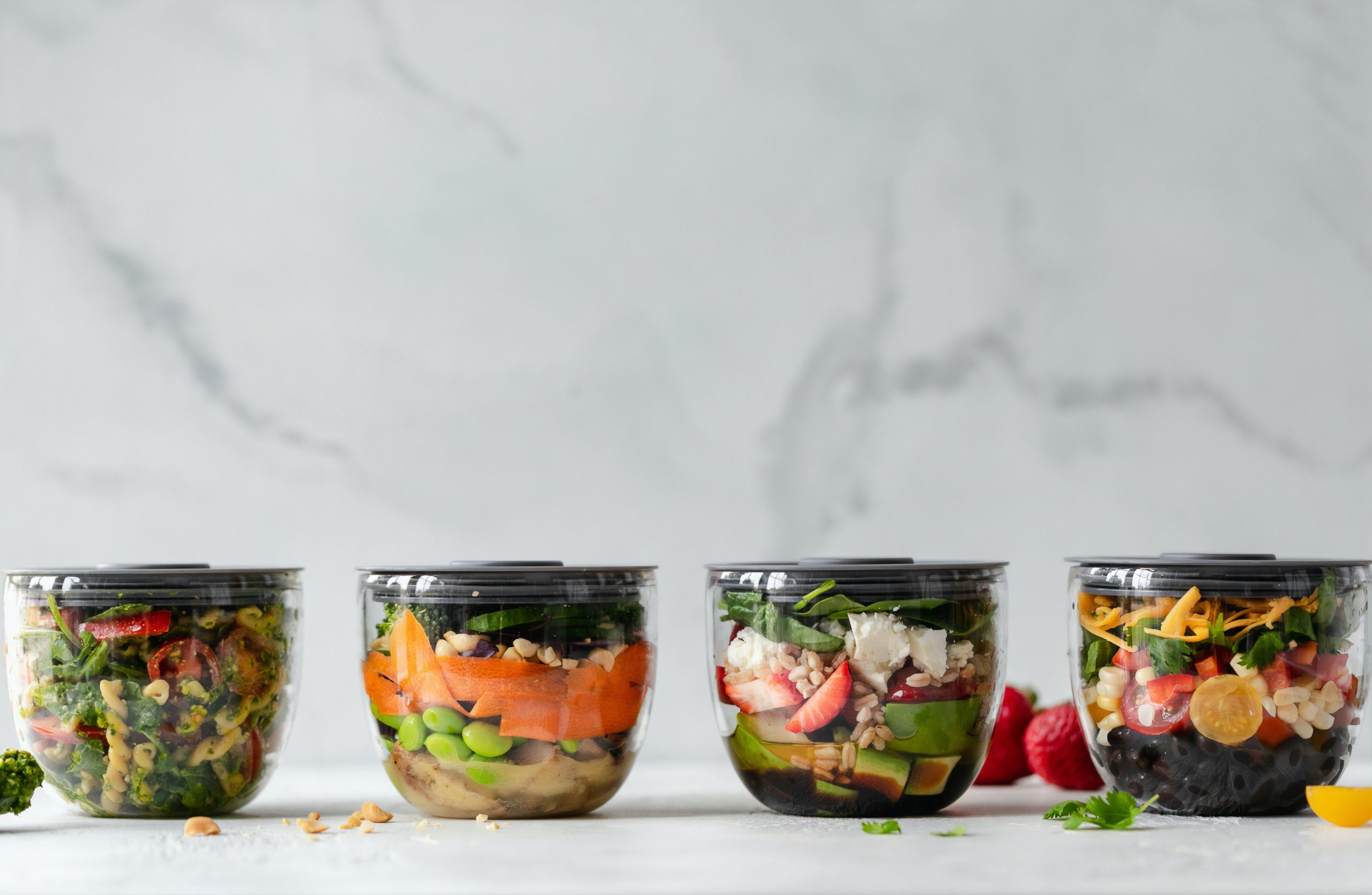
The growing ecological awareness of Poles makes us increasingly turn to solutions aimed at protecting the natural environment in everyday life. Concern for the planet also goes to the heart of every home – the kitchen.
The basis of an eco-kitchen are two concepts that have become extremely popular in recent years: zero waste and biodegradability. The first term refers to a lifestyle based on maximum reduction of waste that has a negative impact on the environment.
People who promote this noble idea try to follow five maxims: refuse (buying products that are harmful to the environment, e.g. plastic), limit (using disposable, unnecessary products), reuse (e.g. reusable glass bottles), recycle (separate and process waste), and compost.
Composting is related to biodegradability, which is the conscious choice of products that decompose non-toxic in nature (for example made of starch).
In fact, it doesn’t take much effort to call our kitchen eco-friendly. Such trivial things as waste segregation, rational shopping and responsible use of running water are enough.
At each stage of meal preparation we can minimize the negative influence on the natural environment. The best place to start is with the already mentioned water. Many of us still buy it in plastic containers, although we have access to a clean source in our taps. When we are not convinced – there are many filters available on the market (e.g. made of carbon fibre) which eliminate the characteristic taste or unwanted microorganisms.
We also have an impact on the quality of water emitted by our households, so it is worth making sure that capsules for dishwashers have possibly harmless composition, and are best replaced by a mix of baking soda and citric acid.
We use water for cleaning and even here we can reduce our use of plastic. Traditional sponges or kitchen scrubbers can be replaced with natural equivalents, made of trukwa, coconut or bamboo. It is also worth getting rid of cloths, instead of them old cotton shirts or reusable microfibre will work perfectly.
Apart from that we can also use biodegradable garbage bags, wooden cooking accessories, tableware and cutlery made of natural materials or the latest kitchen fashion hit – table mats made of recycled wrapping paper. As you can see, there are plenty of solutions available.
Definitely the most ecological solution is the use of reusable food boxes. The range of modern solutions is extremely wide. On the web, you’ll find reusable wax boxes (an alternative to food wrap), long-lasting stainless steel containers, bread bags (especially useful for freezing bread), silicone pouches (a multi-purpose replacement for plastic wrap), and bags that extend the life of fruits and vegetables
Regardless of the state of ownership, equipment and functionality of our kitchen, one extremely simple rule should prevail: everything made of plastic and foil should gradually be replaced by glass, wood and paper. Only then will food products stay fit, fresh and appetizing longer, thus reducing household waste.
Main photo: S’well/unspalsh.com